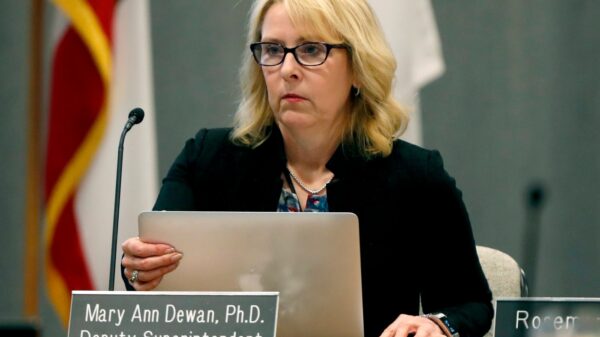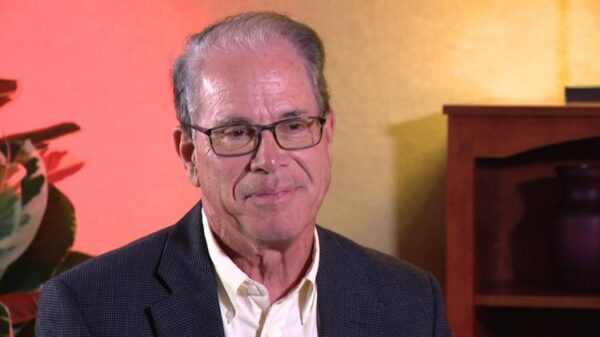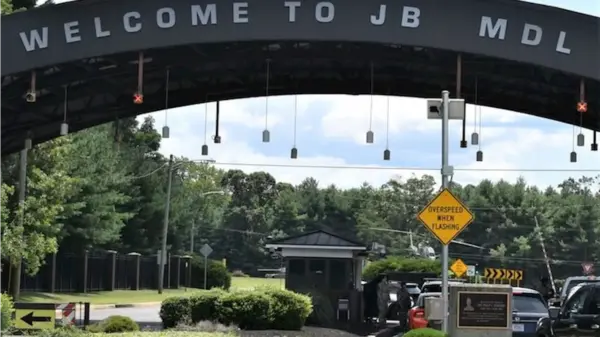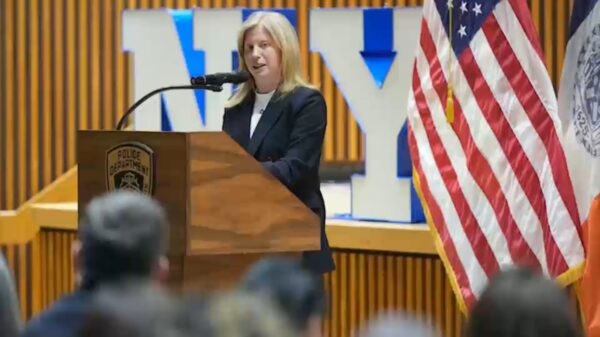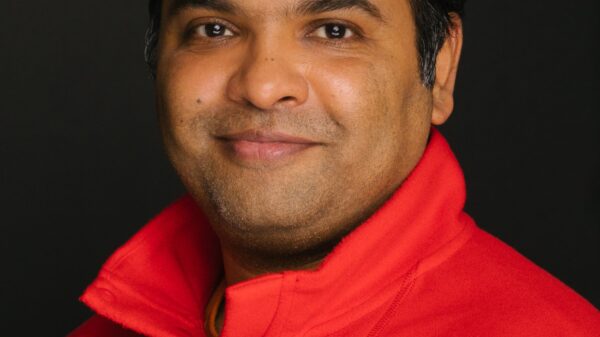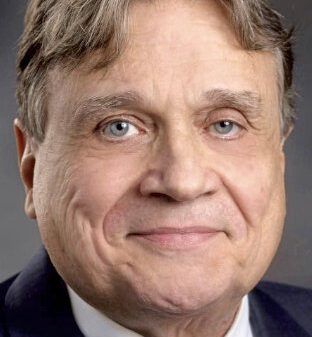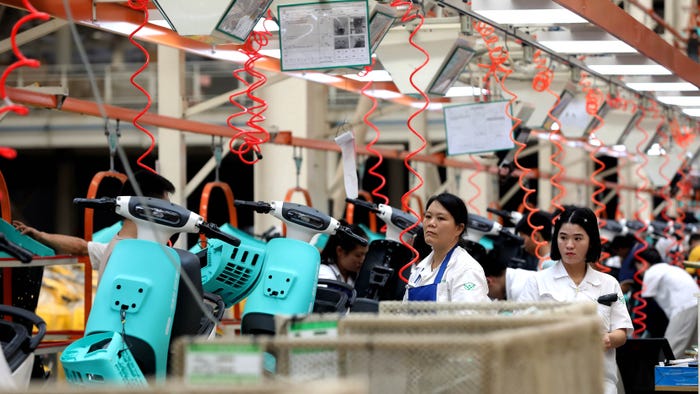URGENT UPDATE: AI safety pioneer Roman Yampolskiy has issued a stark warning that automation could leave 99% of workers unemployed by 2030, including roles once thought secure like coders and prompt engineers. In a shocking episode of the “Diary of a CEO” podcast released on October 12, 2023, Yampolskiy highlighted the potential for an unprecedented unemployment crisis driven by rapid advancements in artificial intelligence.
According to Yampolskiy, a computer science professor at the University of Louisville, the arrival of artificial general intelligence (AGI)—systems capable of performing any task that a human can—could occur as early as 2027. Just three years later, he predicts a catastrophic collapse of the labor market. “In five years, we’re looking at levels of unemployment we’ve never seen before,” he stated emphatically. “Not talking about 10%, which is scary, but 99%.”
The implications of this prediction are staggering. Yampolskiy argues that AI tools and humanoid robots will soon render human labor economically unviable across nearly every sector. “If I can just get, you know, a $20 subscription or a free model to do what an employee does, anything on a computer will be automated,” he explained. He believes that within five years, even physical labor jobs such as plumbing and driving could be taken over by machines.
Yampolskiy’s view challenges the notion that certain jobs like coding and prompt engineering will remain safe from automation. “AI is way better at designing prompts for other AIs than any human,” he declared, marking even these roles as at risk. He also dismissed retraining as a viable solution, stating, “All jobs will be automated, then there is no plan B. You cannot retrain.”
The consequences go beyond economic disruption. Yampolskiy emphasized that many individuals derive their sense of purpose from their work. “We as humanity, then we all lose our jobs. What do we do financially? Who’s paying for us?” he asked. He warned that without jobs, individuals may struggle to find meaning in their lives. “For a lot of people, their jobs are what give them meaning in their lives. So they would be kind of lost,” he added, highlighting the urgent need for governments to prepare for mass unemployment.
While Yampolskiy’s predictions are alarming, they diverge from more conservative forecasts by other experts. Adam Dorr from the think tank RethinkX has projected substantial job losses by 2045, but with some professions, such as plumbing and politics, remaining insulated. Similarly, Geoffrey Hinton, known as the “Godfather of AI,” has indicated that while many intellectual jobs may vanish, manual labor roles may be more resilient.
Other tech leaders, including Nvidia CEO Jensen Huang and OpenAI CEO Sam Altman, adopt a more optimistic outlook, suggesting that AI will transform jobs rather than eliminate them outright. Altman believes society will adapt and create new roles, even if they seem unconventional.
As the clock ticks toward the predicted timeline, the urgency for governments and organizations worldwide to address these looming changes has never been greater. The question remains: how will society adapt to a potential future where up to 99% of jobs could be automated?
This is a developing story, and further updates will follow as experts weigh in on the implications of Yampolskiy’s alarming predictions. Stay tuned for more critical insights on this pressing issue.





